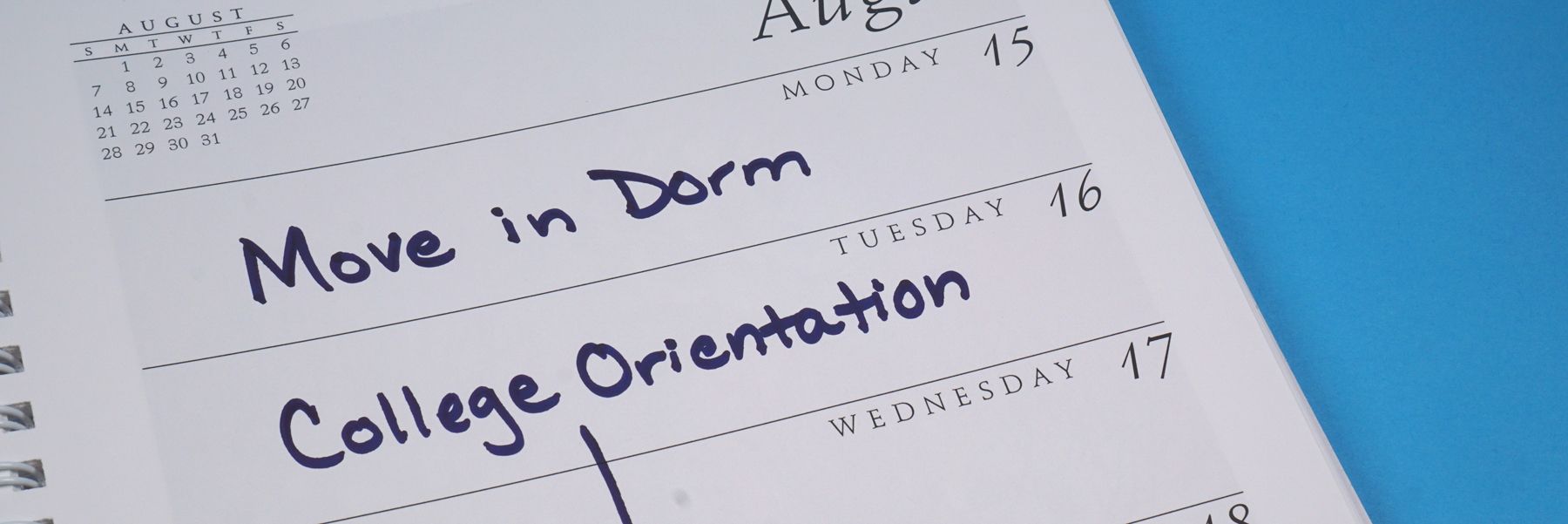Mistakes to Avoid at College Fairs
High School Students and Parents!
Please Register to be notified of upcoming college fairs and news based on the location, major, and area of study of the college or university you wish to attend.
Preparation and proactive engagement are key to making the most of this unique opportunity. With the right approach, you’ll be well on your way to finding the college that suits your aspirations and goals.

College fairs provide a unique platform for high school students to explore their options for higher education, interact with college representatives, and gather valuable information about prospective schools. However, without proper preparation and awareness, students can easily fall into common pitfalls that hinder their college search journey. In this blog post, we'll discuss some of the top mistakes students often make at college fairs and provide actionable advice on how to navigate these opportunities effectively.
1. Neglecting Pre-Fair Research
Mistake: Many students walk into college fairs without any background research on the colleges they are interested in. This can lead to aimless wandering and missed opportunities to connect with schools that genuinely fit their academic and personal goals.
Advice: Prior to the fair, it’s essential to review the list of participating colleges. Identify schools that pique your interest and align with what you are looking for academically, socially, and geographically. Visit their websites to learn about their programs, campus culture, admission requirements, and unique offerings. Create a shortlist of institutions you want to prioritize during the event. The more informed you are, the more meaningful your conversations will be.
2. Failing to Prepare Questions
Mistake: Arriving without a list of prepared questions can lead to missed opportunities for deeper engagement with college representatives. Students may leave the fair feeling uninformed, having forgotten to inquire about important aspects of their college search.
Advice: Take the time to craft a list of thoughtful questions about each college on your shortlist. Consider topics such as:
- What are the most popular majors, and what opportunities exist within those fields?
- How does the school support students in finding internships and job placements?
- What scholarships or financial aid options are available?
- Can you describe campus life and the diversity of the student body?
- What resources are in place for academic support and mental health?
Bringing a prepared list of questions enables you to engage actively and gather the information necessary to make informed decisions about your college choices.
3. Not Bringing the Right Materials
Mistake: Arriving at a college fair without the essential materials can hinder your ability to collect and organize information. Many students forget to bring items that could enhance their experience.
Advice: Prepare a checklist of items to take with you. Essential materials include:
- Notepad and Pen : For taking notes during conversations with college representatives.
- Copies of Your Resume : If applicable, have a one-page resume summarizing your achievements, extracurricular activities, and interests.
- Folder or Binder : To store brochures, business cards, and other materials collected throughout the day.
- Business Cards : If you have them, these can be useful for sharing your contact information with representatives you connect with.
Having these materials ready demonstrates preparedness and helps you manage the information you gather effectively.
4. Waiting for Representatives to Approach
Mistake: Many students make the mistake of being passive, waiting for college representatives to initiate conversations. This can result in missed opportunities to engage with schools you are genuinely interested in.
Advice: Be proactive! Take the initiative to approach representatives at college booths. Introduce yourself confidently, express your interest in their institution, and ask your prepared questions. Engaging in conversations shows that you are eager and serious about your college search, which can leave a positive impression on the representatives.
5. Not Taking Notes
Mistake: In the rush of gathering information, students often neglect to take notes during their conversations, leading to forgetfulness about what they learned after the fair is over.
Advice: Bring your notepad and take notes during discussions with college representatives. Jot down key points, interesting facts, and answers to your questions. After the event, review your notes and organize them by institution, which will help you compare your options later on. This practice is invaluable for reflection as you delve deeper into your college search.
6. Overlooking Networking Opportunities
Mistake: Students tend to focus solely on talking with college representatives and may overlook the opportunity to network with other attendees, including fellow students and alumni.
Advice: College fairs often gather a diverse group of high school students who are also navigating the college search process. Take time to connect with your peers! Share your interests, ask about their schools of interest, and exchange contact information. Networking with other students can lead to new insights and recommendations about schools you may not have considered. Additionally, some fairs have alumni from various colleges who can provide a unique perspective on their experiences.
7. Ignoring Follow-Up Opportunities
Mistake: After the college fair, many students fail to follow up with representatives or neglect to reach out to institutions they found interesting.
Advice : After the event, make it a priority to follow up with the college representatives you spoke with. Send a brief email thanking them for their time and reiterating your interest in their college. You can also ask any additional questions you might have thought of after the fair. This will help you establish a connection and keep the conversation going, potentially giving you an edge in the admissions process.
8. Dressing Inappropriately
Mistake: Dressing too casually for a college fair can create an unfavorable impression. Even though these events are generally less formal than interviews, your appearance still matters.
Advice: Dress in a way that reflects the seriousness of your college search. While you don’t need to wear formal attire, choose neat and professional clothes that convey that you are serious about your future. First impressions can be important, and appropriate attire shows representatives that you value the opportunity to engage with them.
9. Rushing Through the Fair
Mistake: Students often rush through the fair, trying to visit as many booths as possible, which can lead to surface-level interactions rather than meaningful conversations.
Advice: Instead of trying to visit every booth, focus on a select few colleges that genuinely interest you. Take your time to engage with representatives and gather in-depth information. Getting to know a few colleges well will serve you better than hastily collecting brochures from dozens of institutions without understanding what they offer.
10. Failing to Reflect on the Experience
Mistake: After a college fair, many students move on without taking the time to reflect on what they learned or how it fits into their college search process.
Advice: Set aside time after the fair to review your notes and materials. Reflect on your experience: Which schools stood out to you? What questions do you still need to answer? Consider this an opportunity to clarify your goals and refine your college search moving forward.
Conclusion
Navigating college fairs can be a transformative step in your educational journey. By avoiding these common mistakes and following the advice provided, you can maximize your experience and gather valuable insights that will aid you in your college search. Remember that college fairs are not just about collecting brochures but about building connections and finding the right fit for your future. Preparation and proactive engagement are key to making the most of this unique opportunity. With the right approach, you’ll be well on your way to finding the college that suits your aspirations and goals.


Copyright 2020 All Rights Reserved. Privacy Policy - Terms and Conditions - Art Licensed by Shutterstock© - Advertising













